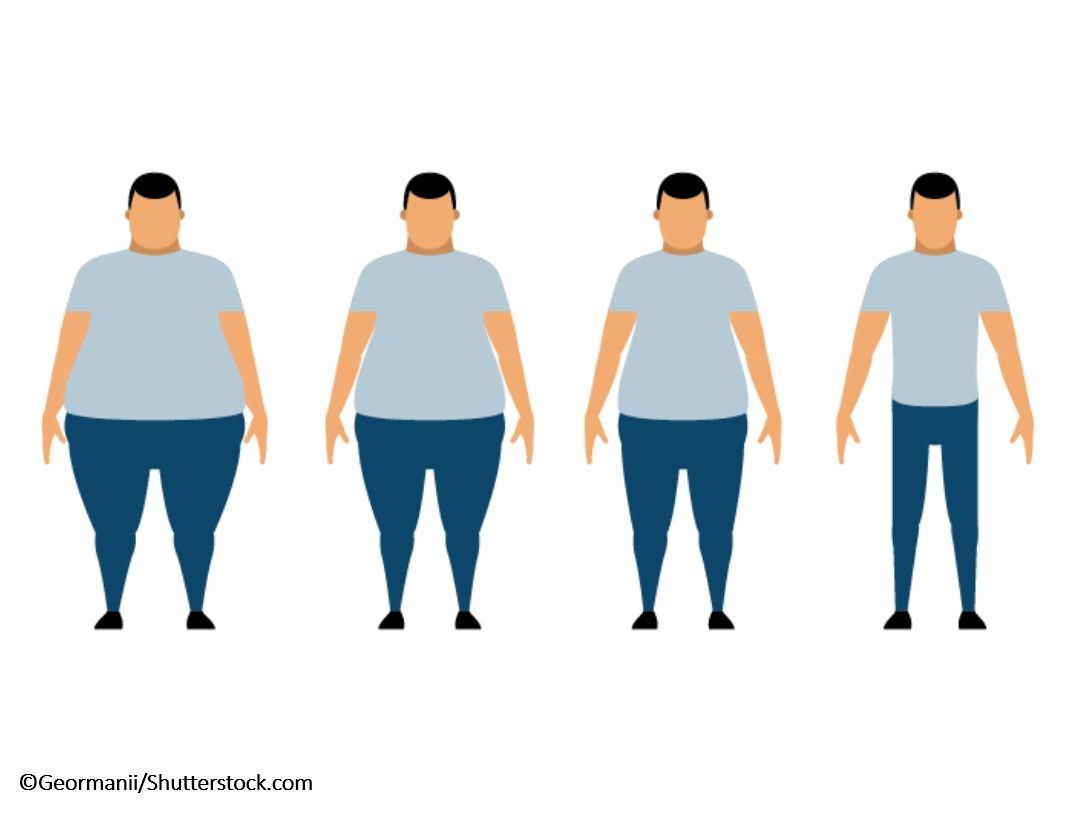Article
More Falls and Fractures After Gastric Bypass Surgery
Swedish researchers found a 30% increase in the risk of fractures-independent of the degree of weight loss.
Image credit: ©Geormanii/Shutterstock.com

The risk of fractures rises by about 30% after gastric bypass surgery, and there is also an increase in falls, report Swedish researchers. Their findings were recently published in the Journal of Bone and Mineral Research.
The study is based on the records of 38,971 patients who underwent gastric bypass surgery, of whom 7758 had diabetes and 31,213 did not. Those who had undergone surgery were compared with an equally large group of individuals who had not had the surgery and who had the equivalent morbidity and background data.
Regardless of diabetes status, those who had undergone gastric bypass surgery had about a 30% increased risk of fractures. Individuals without diabetes had an increased risk of 32%, and those with diabetes had an increased risk of 26%. The risk increase applies to fractures in general, with the exception of the lower leg. After surgery, fractures of the lower legs occurred less frequently.
The results correspond well with earlier research in the field, but the current study is statistically stronger because of its size. The data are also more equivalent, since the researchers focused on the dominant method of obesity surgery-gastric bypass-and excluded other forms.
The most common hypothesis of the mechanism behind increased fracture after bariatric surgery has been weight loss and that bones become weaker with the reduced load. This study did not show a relationship between the fracture rate and the degree of weight loss. An increased risk of falls after surgery, however, was noted, which in itself could contribute to increased risk of fractures. The question of why individuals who have had operations fall more often, with or without fractures as a consequence, has no clear answer yet.
“The fact that the risk of fractures increases and also seems to increase over time means that it will be important to follow patients, evaluate the fracture risk and, when required, institute measures to prevent fractures,” says Kristian Axelsson, doctoral student at Sahlgrenska Academy, University of Gothenburg, and resident physician in orthopedics at Skaraborg Hospital Skövde.
References:
Axelsson KF, Werling M, Eliasson B, et al. Fracture risk after gastric bypass surgery: a retrospective cohort study. J Bone Miner Res. 2018 Jul 16. doi: 10.1002/jbmr.3553. [Epub ahead of print]
Gustafsson Kubista M. Thirty percent increase in risk of fracture after gastric bypass [press release]. Gothenburg, Sweden: University of Gothenburg; August 9, 2018.




